
Blog
True love for great sound unites us.
Blog
True love for great sound unites us.

In this blog, we'll take a deep dive into the development process of our most challenging product so far, LCT 1040 - the ultimate microphone system.
Learn about our vision of revolutionizing the recording workflow, how we explored our ideas for sound shaping, about the design and state-of-the-art prototyping process involving 4406 hours of 3D printing.
Read about Project 1040, a community-driven fine-tuning process, where over 2500 audio enthusiasts from all over the world directly impacted the sound characteristics of LCT 1040 (If you're one of them, thanks again). And, of course, the close cooperation with world-renowned engineers and producers during the development process to bring this microphone system to perfection.
Last but not least, you'll find out how we can ensure excellent quality with every microphone. Enjoy.
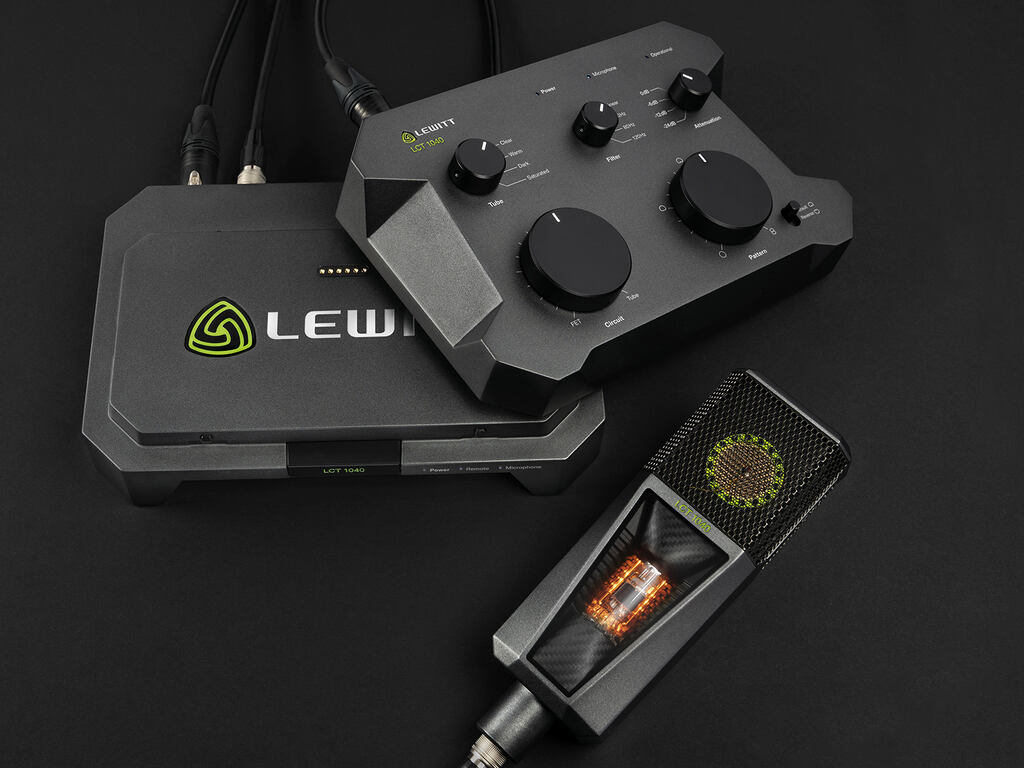
Our vision was clear from the beginning. We wanted to revolutionize the recording workflow by creating the ultimate microphone system.
Creativity comes first; engineering comes second.
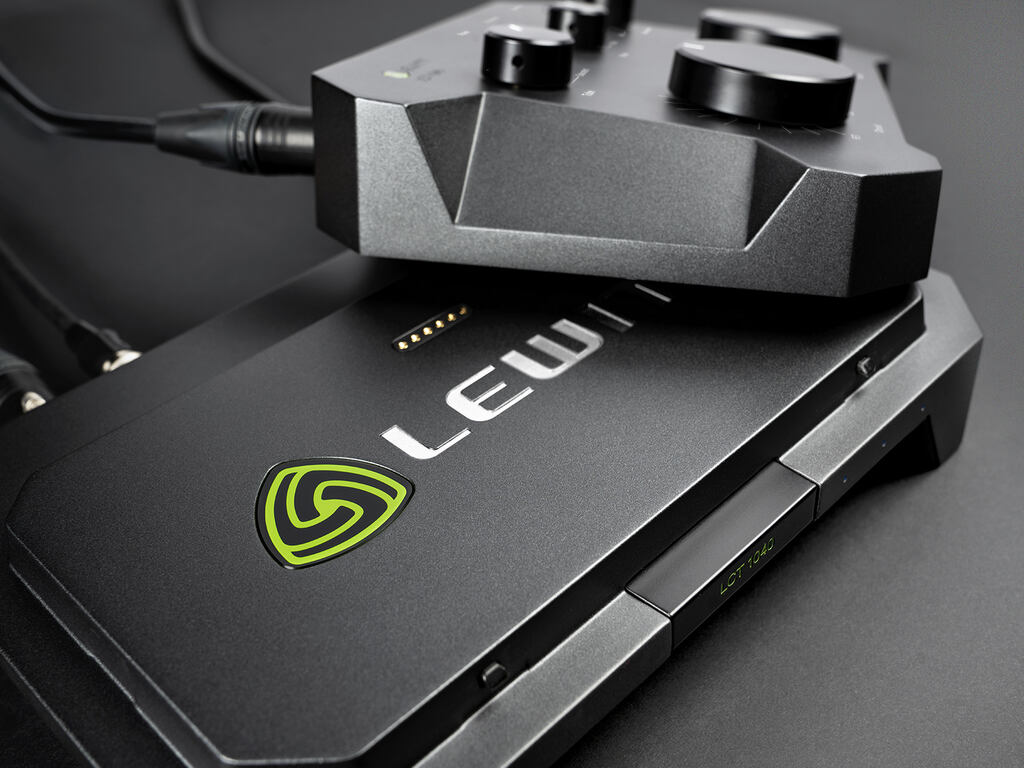
Both are crucial for the success of a recording session. The longer we can keep both engineers and artists in the zone, the better. It has always been our vision to make the process of getting the perfect sound as easy as possible, the sound you envision, the one you already hear in your head.
Exploring means following different paths and singling out the ones that work. In the exploration phase, we took our initial vision and gave it a shape.
The most fun comes from leaving our comfort zone and trying new things out.
And as we found, it is the only way to create something extraordinary. This process includes research within many different areas. We designed our early prototypes to allow for as much sound experimentation as possible.
We were looking for something that would combine nicely with that precise FET sound of LEWITT and provide the sonic flexibility we were looking for. After exploring different paths, we found that tube technology offers the highest flexibility to create various sound characteristics.
Picture a glowing tube. You may think about a warm, compressed, saturated sound when it comes to tube sound, while someone else thinks of a hi-fi-like clean sound.
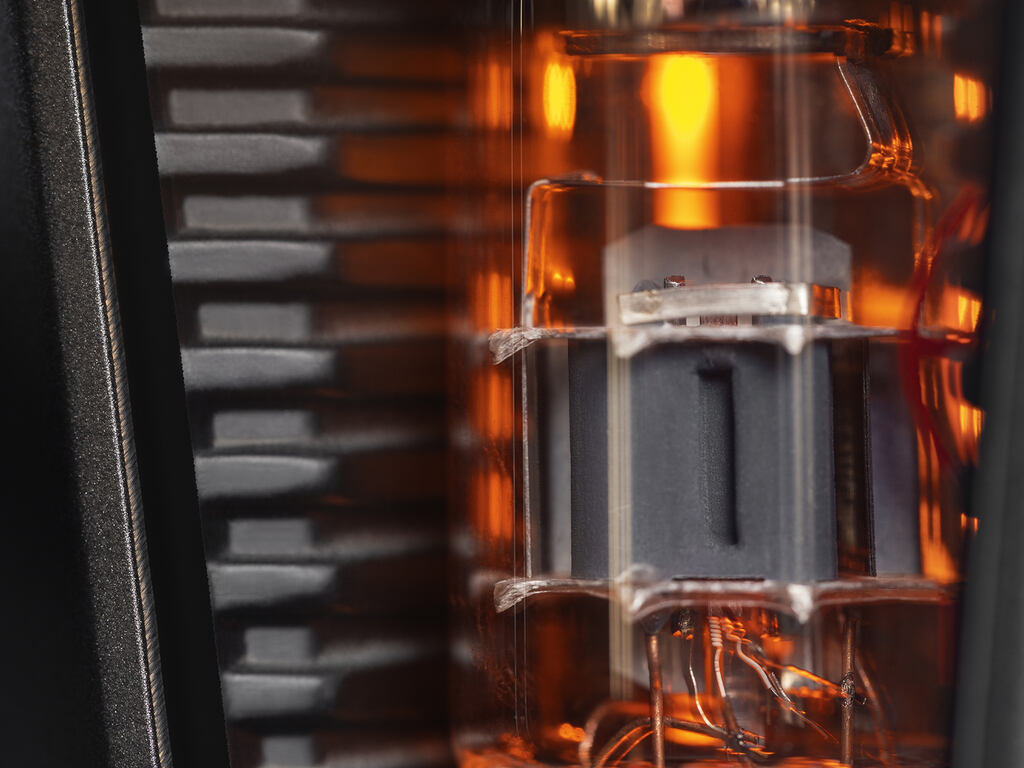
All this is true for tube technology. In our exploration process, we found that a total of four tube flavors is exactly what a microphone needs to cover most of the applications and styles that are recorded in the studio:
We wanted to back up our approach scientifically with a sound survey, and so we did.
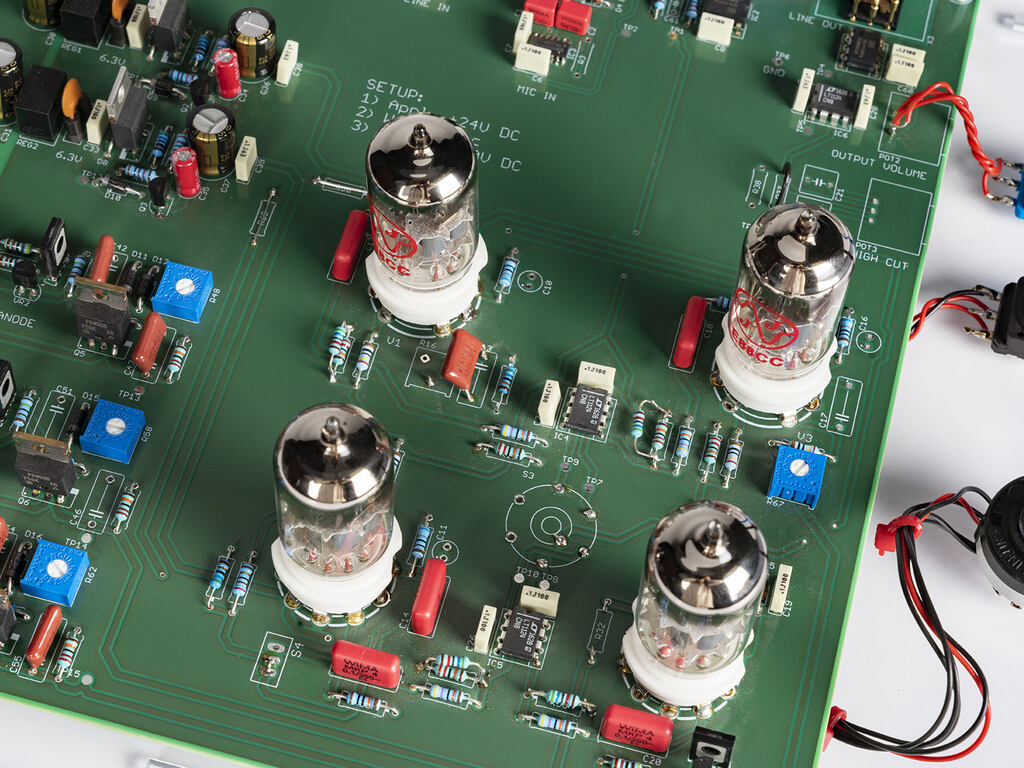
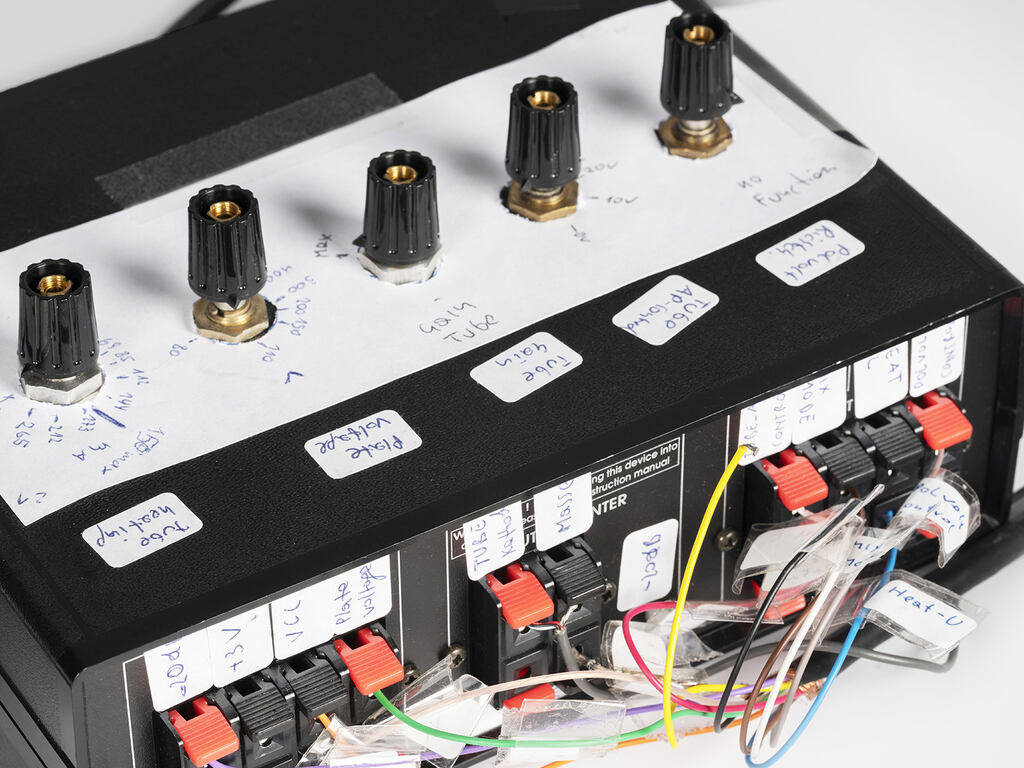
We invited the whole audio community to shape the sound of LCT 1040. The survey ran from the 16th of July until the 31st of August, 2019, and we collected 2530 entries in total.
We wanted to verify our approach scientifically.
We built a mini-website featuring different sound samples and asked participants to state their preferences. They listened to nine pairs of sound samples, and each sample was played three times. This way, we could filter out inconsistent answers.
Each sound sample consisted of two variants, and one could state individual preferences. There were sound samples of female and male vocals, plus an acoustic guitar recording.
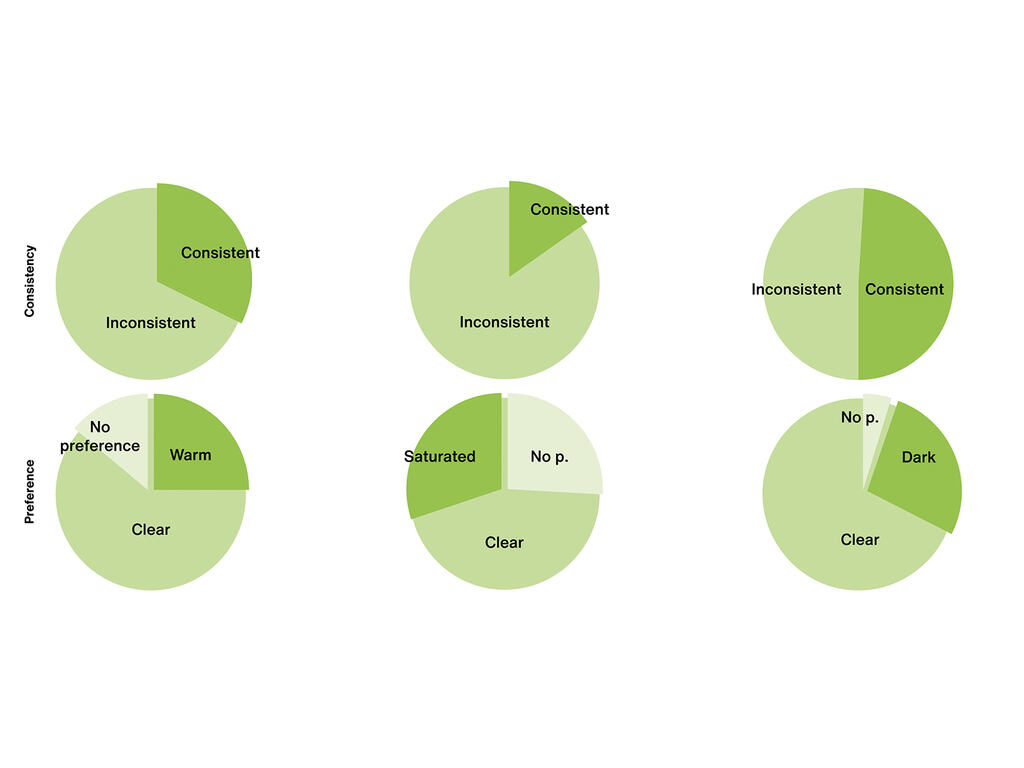
1. Clear vs. Warm A significant number of participants were able to hear the difference between Warm and Clear consistently. Though there was a strong preference for Clear, Warm could meet the personal tastes of many.
2. Clear vs. Saturated Low consistency and preference stats showed us that the Saturated tube characteristic needed improvements.
3. Clear vs. Dark Many participants were consistently able to identify the difference between Clear and Dark in our blind test. Almost a quarter thereof preferred Dark over Clear.
After exploring and validating the different options, we took the best ones to start the product design and development. As always, the feature set defined the design.
The right design turns pure functionality into exceptional usability.
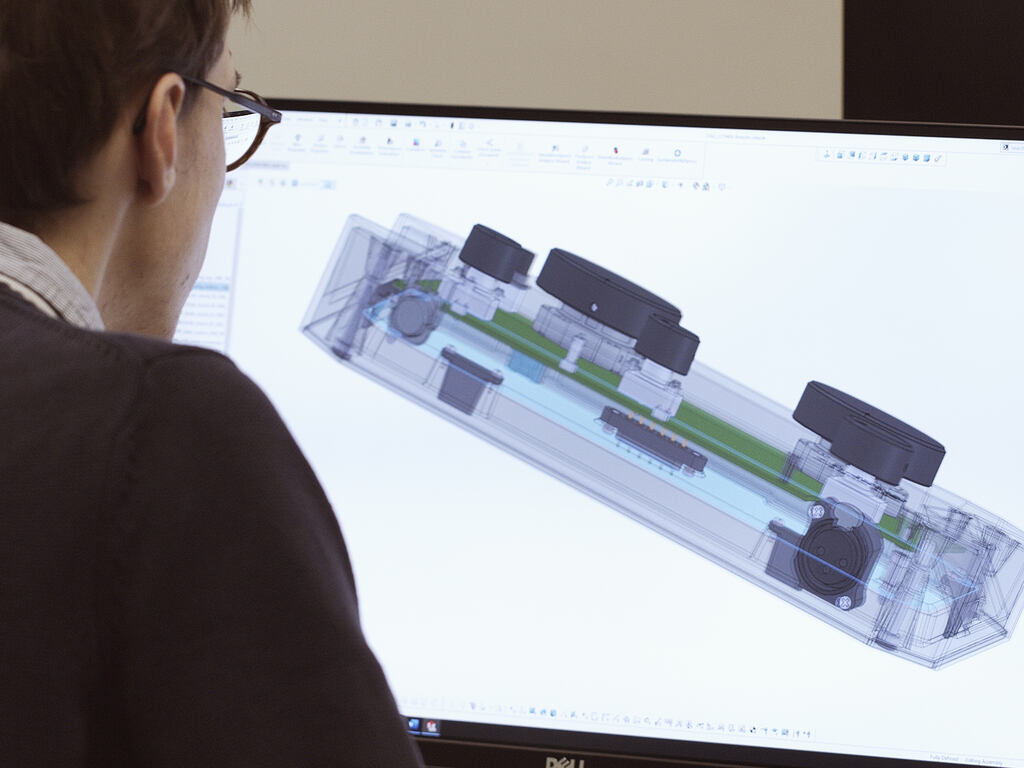
The design gives the substance its form - size, layout, the feel of the knobs, the connectors, every single part. All aspects serve a specific design purpose, and nothing was taken from another product.
Some things are often inconspicuous, but great challenges are often in the little details. There is no other product that we have ever developed to such a level of detail. In the end, almost every component of the LCT 1040 is custom-made from scratch.
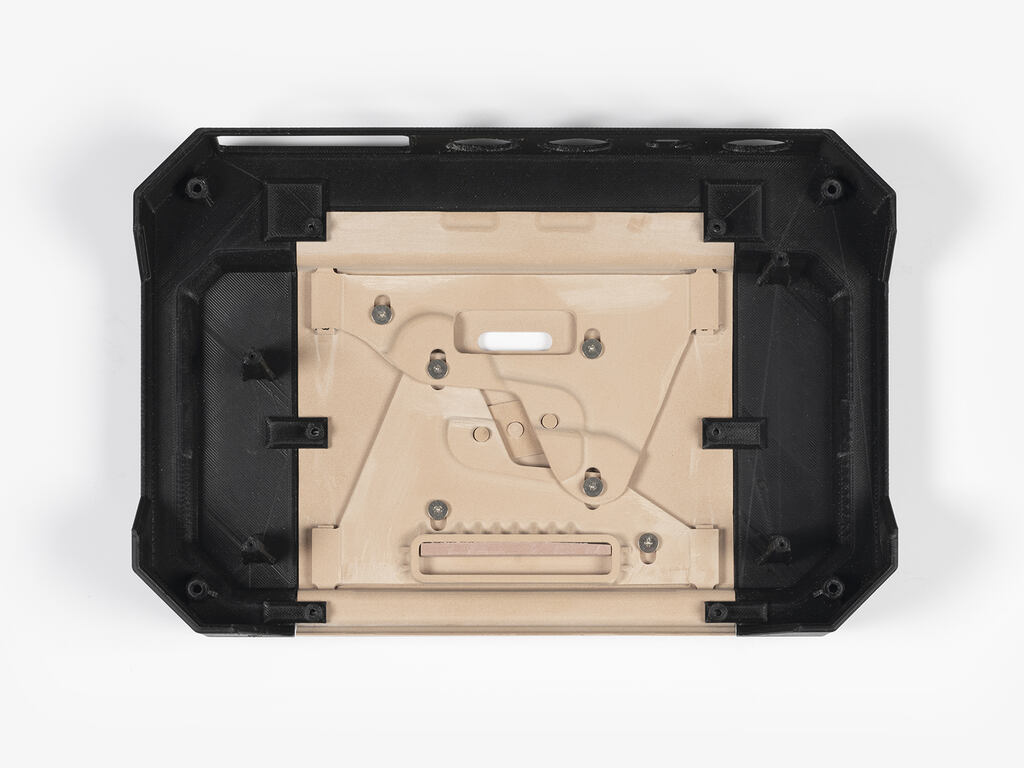
For us, it is essential to create ways that allow us to interact with the product at a very early stage of the development and design process.
Our 3D-printed prototypes help to tackle technical challenges early on.
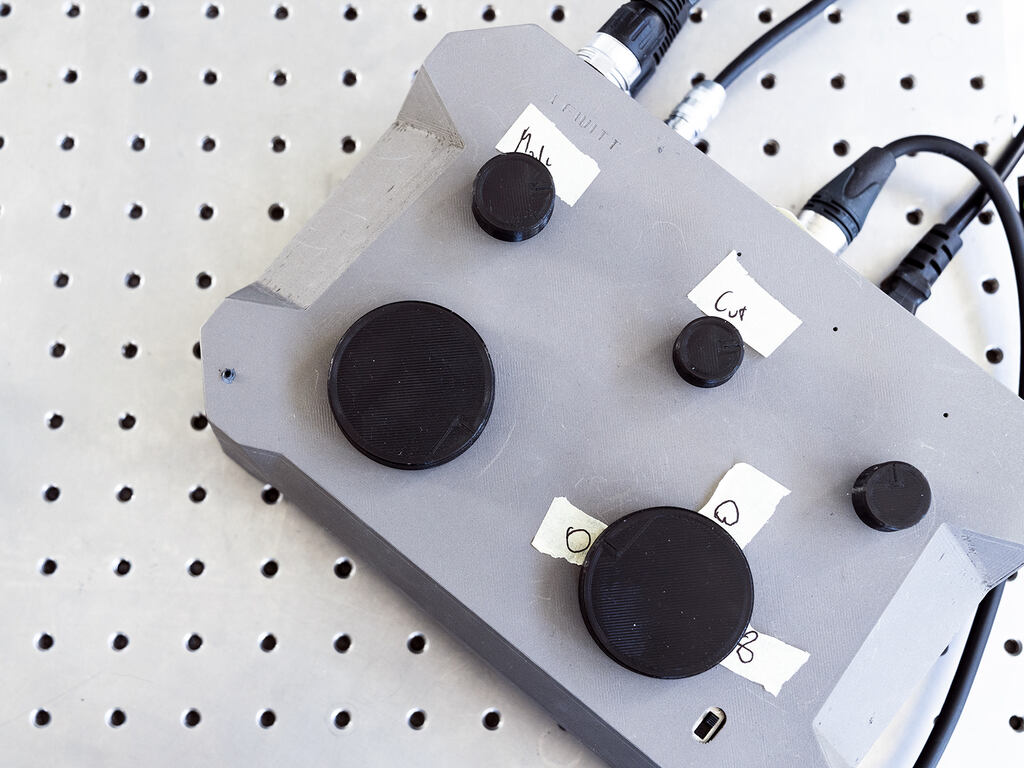 Prototypes give our product designers and engineers the freedom to optimize and bring the design to perfection. They also allowed us to involve the audio community early on. We can send out prototypes, get feedback, iterate, and build new prototypes.
Prototypes give our product designers and engineers the freedom to optimize and bring the design to perfection. They also allowed us to involve the audio community early on. We can send out prototypes, get feedback, iterate, and build new prototypes.
Project 1040 started a fine-tuning process supported by the global community. The product design and feature set were close to final, and we had functional prototypes. However, we could still adapt parameters of various features, including the sound characteristics.
The professional feedback we collected ranged from friendly appreciation to brutal honesty.
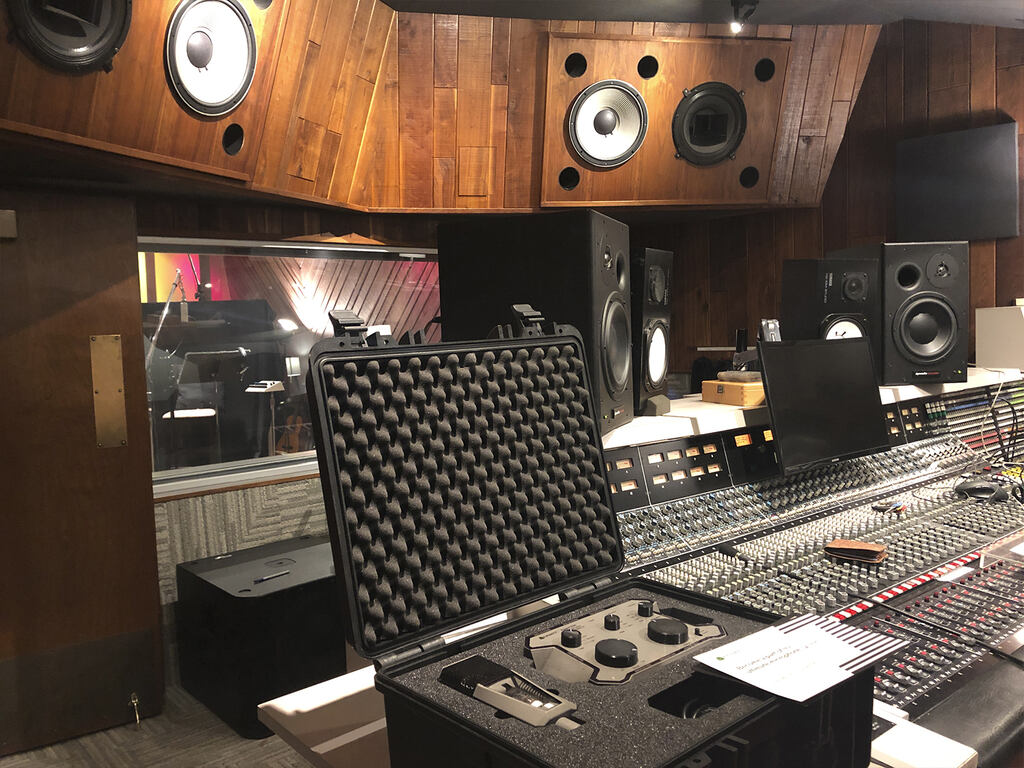
We set out to see many world-renowned engineers and producers in their studios to put our prototypes to the test in real-life conditions. It was incredibly exhausting and fun at the same time, but we got what we were looking for.


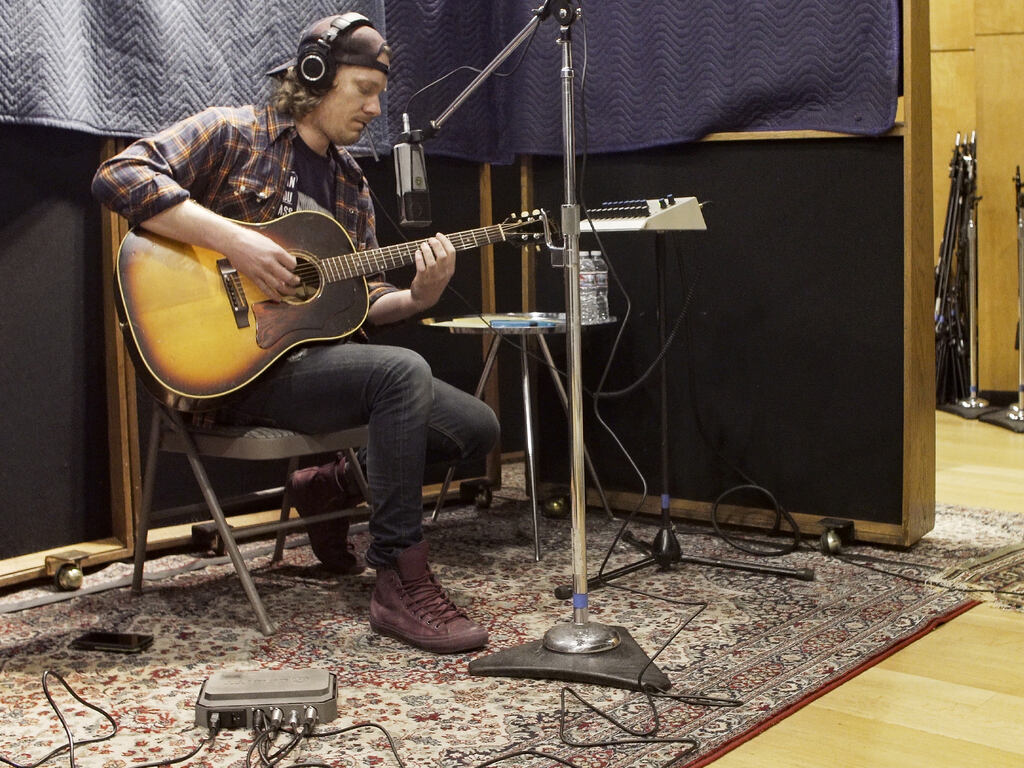
After we have collected all the feedback, we started implementing it.
Our in-house studio in Vienna is specifically designed to test our microphones in a studio environment with a reverb time of 300 ms.
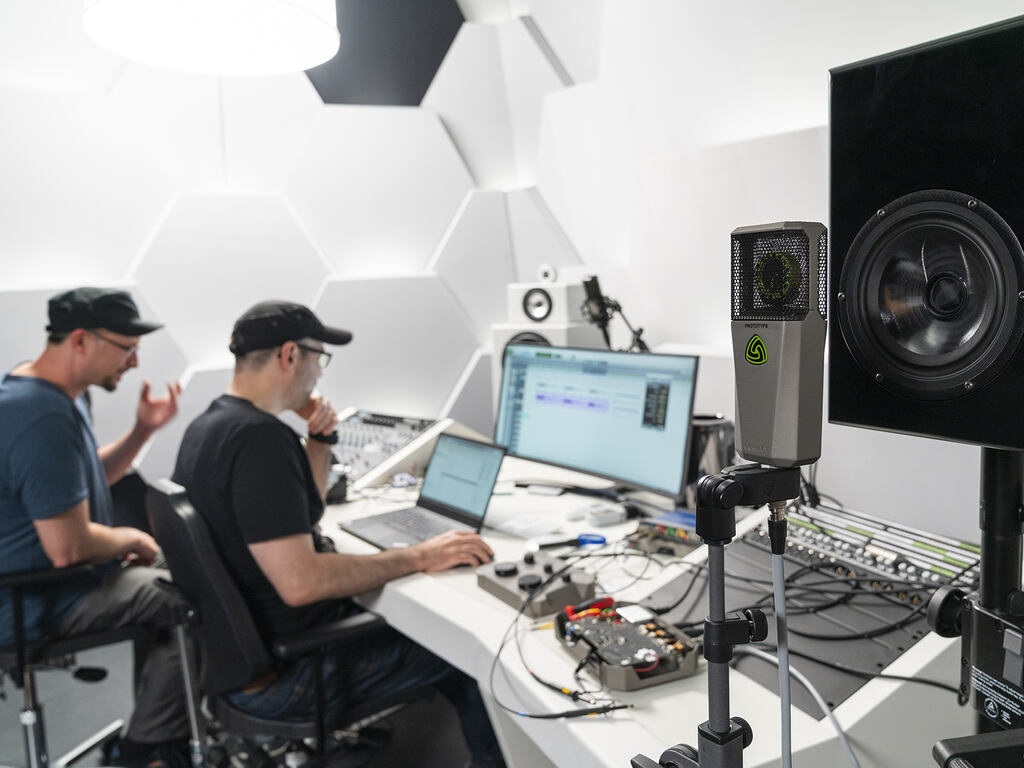
The 68 absorber modules are a mix of absorbers and so called diffusorbers. As the last few steps of a journey are often the hardest, it took a lot of perseverance to get the saturated tube characteristic to where we wanted it to be.
The microphone system moves to the mass production phase after its development is complete.
The industrialization process is a symphony of interdependent factors.

As the LCT 1040 consists almost entirely of specially manufactured components, it is crucial to test the manufacturing tools before moving towards mass production. The process is called pre-production and it is the last check before we start to produce in larger quantities.
We double-check every single piece for mechanical fitting. Step by step, we move towards the final CMF (color, material, finish).
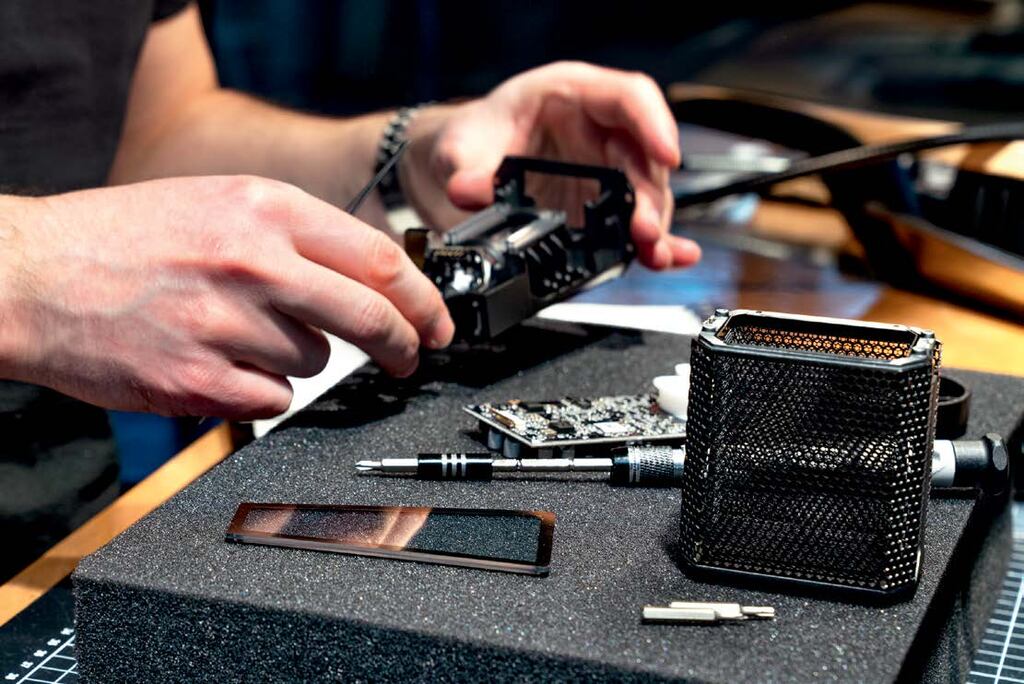
During the development process, we focus on the listening experience, which is directly related to the microphone's acoustic properties. As soon as our final prototype is confirmed, we do not leave anything to chance during production.
Consistent quality is a significant part of our product philosophy.
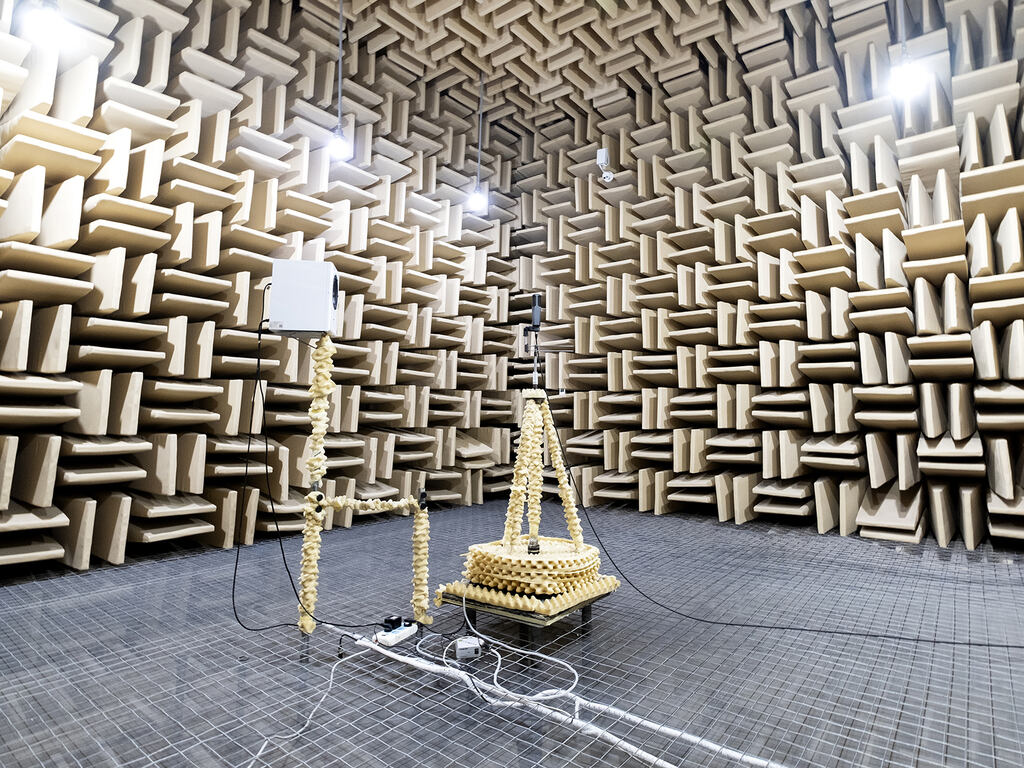
With the help of modern technology, we can ensure that our high quality standards are kept consistent.
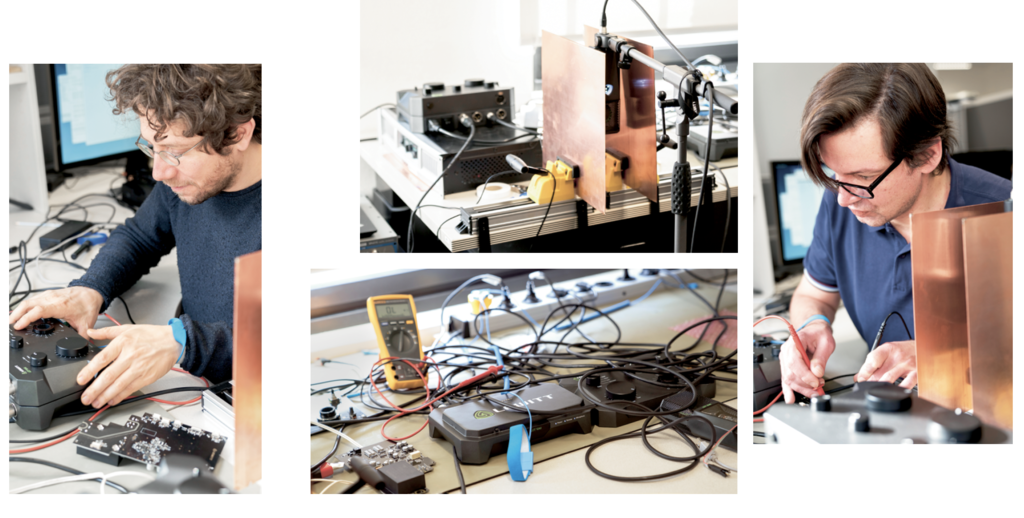
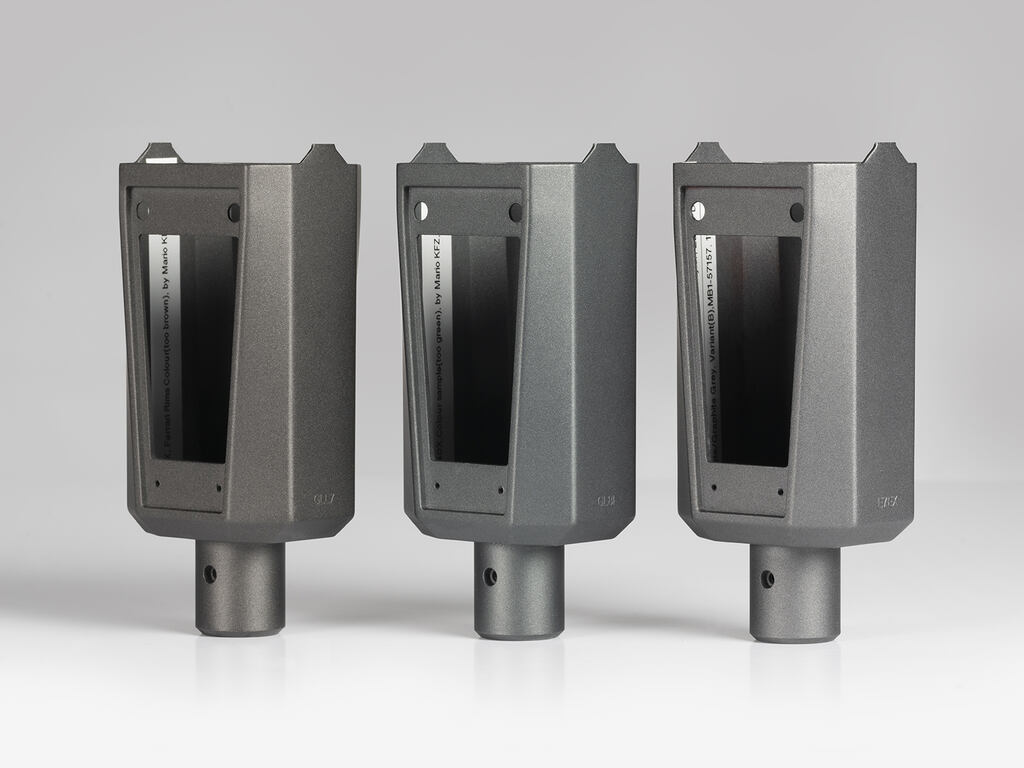
"Having the opportunity to embark on such a monumental endeavor - the creation of a product that carries the knowledge and ideas of a whole industry - is a great privilege, and I'm profoundly grateful for it.
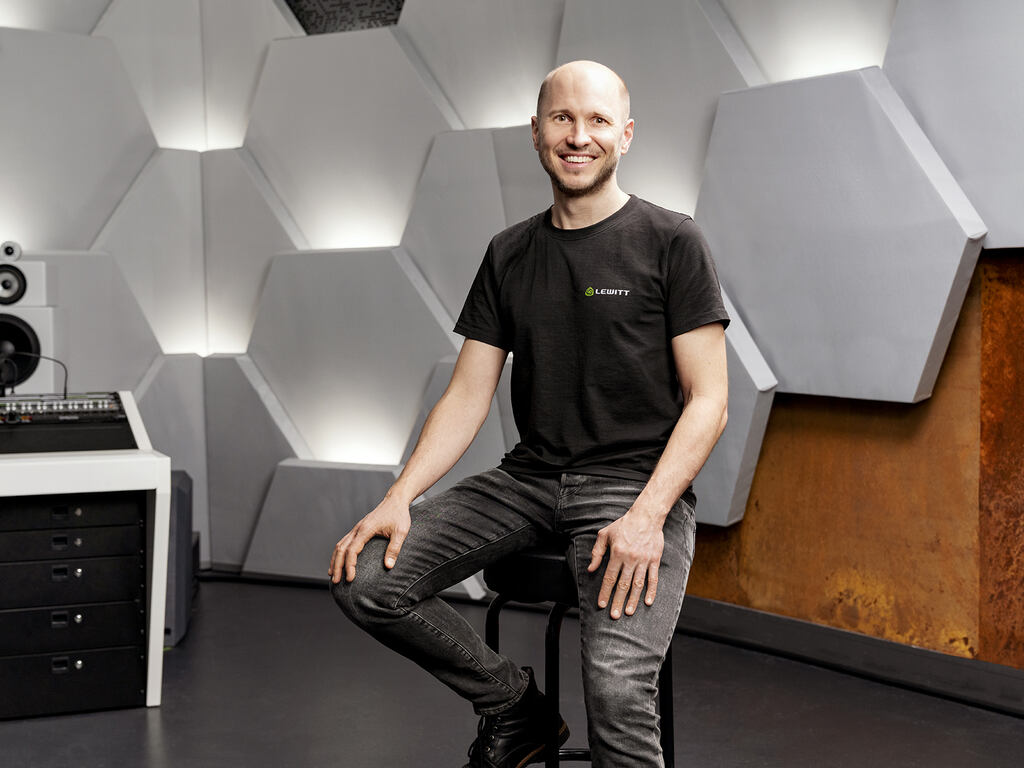
I thank my colleagues at LEWITT who believed in this product idea and poured so much dedication into this project. And I thank all the supporters and contributors around the globe who shared their feedback and ideas that allowed us a reality check at any given point throughout this remarkable journey. Without you, we wouldn't have created this flagship microphone system that is set to revolutionize the recording process." - Roman Perschon, CEO